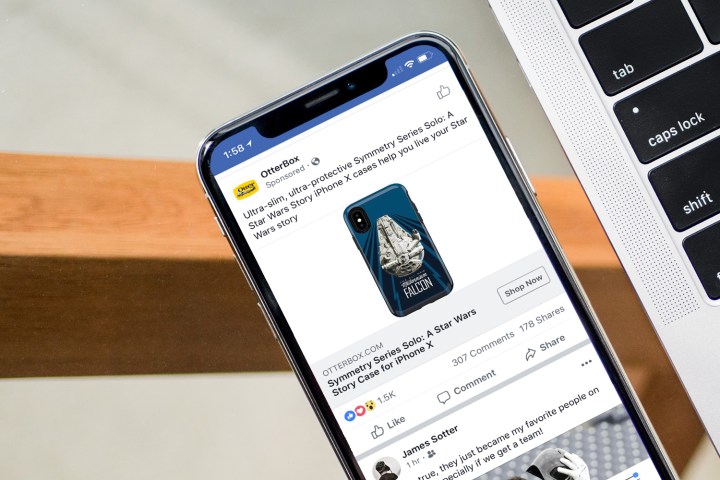
With the latest Facebook API bug, up to 6.8 million consumers on the social network had their private photos inappropriately exposed to third-party apps. Though the issue has since been fixed, some of the apps had access to photos for the 12 days between September 13 and September 25.
Users impacted had already authorized and granted special permissions to these apps to access content from their Timeline, but the bug led developers to access photos that were uploaded but never yet posted on the Marketplace or Facebook Stories. Though Facebook isn’t specifically giving names, it says up to 1,500 apps from 876 developers were affected.

“We’re sorry this happened. Early next week we will be rolling out tools for app developers that will allow them to determine which people using their app might be impacted by this bug. We will be working with those developers to delete the photos from impacted users,” said Tomer Bar, engineering director at Facebook.
Facebook will be alerting impacted consumers with a notification, which will then direct them to the Help Center where they can see if they’ve used any apps that were impacted by the bug. It also is recommended for consumers to individually log into apps to check and see if they’ve wrongfully obtained any photos permissions. A sample notification and interface of what consumers will end up seeing can be seen to the left.
It is not clear when Facebook first was made aware of this API bug. TechCrunch reports that
This would not the first Facebook-related problem in recent months. Back in November, hackers were attempting to sell 120 million private Facebook messages, though that was related to third-party extensions. Before that, up to 50 million accounts were also compromised due to a flaw in access tokens and the “View As” feature. The social media website also apparently knew about Russia data harvesting on its platform since 2014, according to seized documents.
Editors' Recommendations
- Personal data of 69 million Neopets users is now up for sale after a data breach
- Google Photos bug shared some users’ private videos with strangers
- New Messenger users now required to sign up for Facebook too
- Now that you can easily transfer photos out of Facebook, will you stay?
- Documents show Facebook used user data as bargaining chip against competitors


